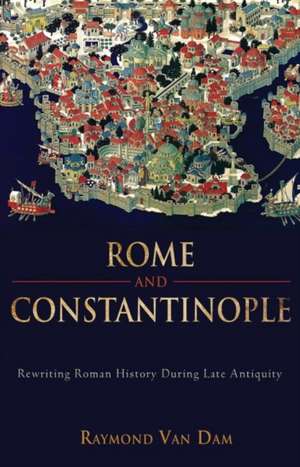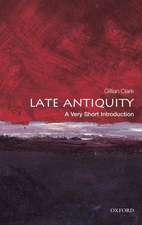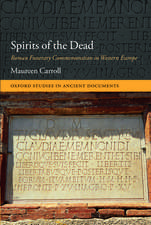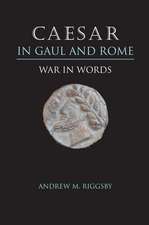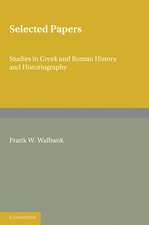Rome and Constantinople: Rewriting Roman History during Late Antiquity
Autor Raymond van Van Damen Limba Engleză Hardback – 14 sep 2010
Preț: 196.70 lei
Nou
Puncte Express: 295
Preț estimativ în valută:
37.64€ • 39.48$ • 31.33£
37.64€ • 39.48$ • 31.33£
Carte disponibilă
Livrare economică 11-25 martie
Preluare comenzi: 021 569.72.76
Specificații
ISBN-13: 9781602582019
ISBN-10: 1602582017
Pagini: 110
Ilustrații: maps
Dimensiuni: 139 x 215 x 14 mm
Greutate: 0.29 kg
Editura: Baylor University Press
Colecția Baylor University Press (US)
ISBN-10: 1602582017
Pagini: 110
Ilustrații: maps
Dimensiuni: 139 x 215 x 14 mm
Greutate: 0.29 kg
Editura: Baylor University Press
Colecția Baylor University Press (US)
Recenzii
"An expansive and daring book about the complexity of the human project, its possibilities, its limitations, and its inscrutable ambiguity." --Walter Brueggeman, Professor Emeritus, Columbia Theological Seminary
